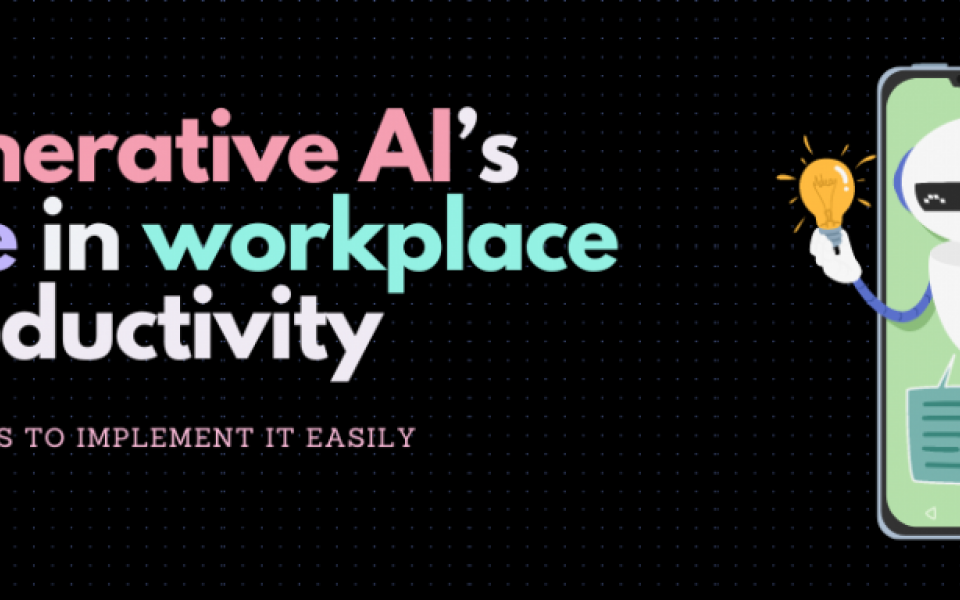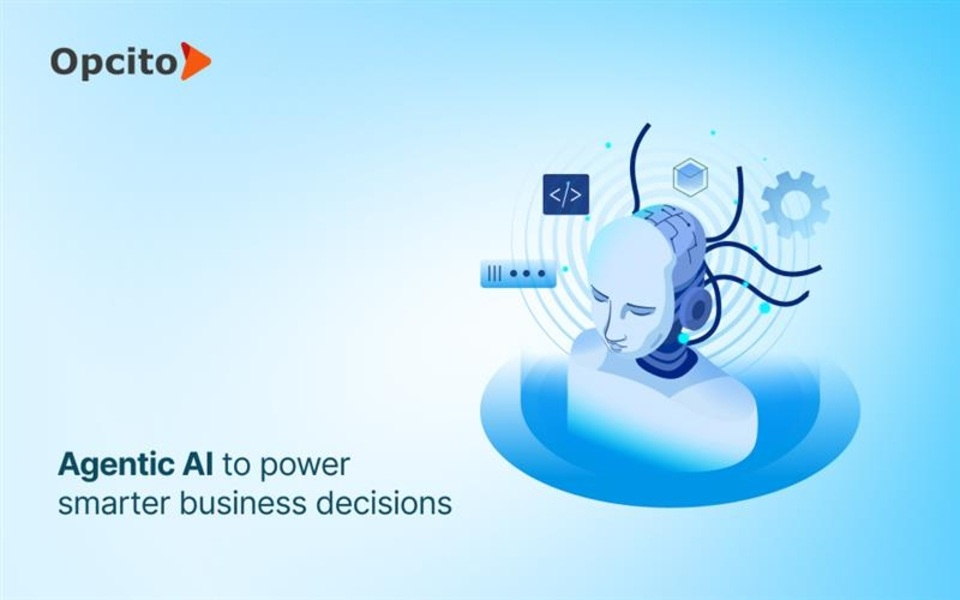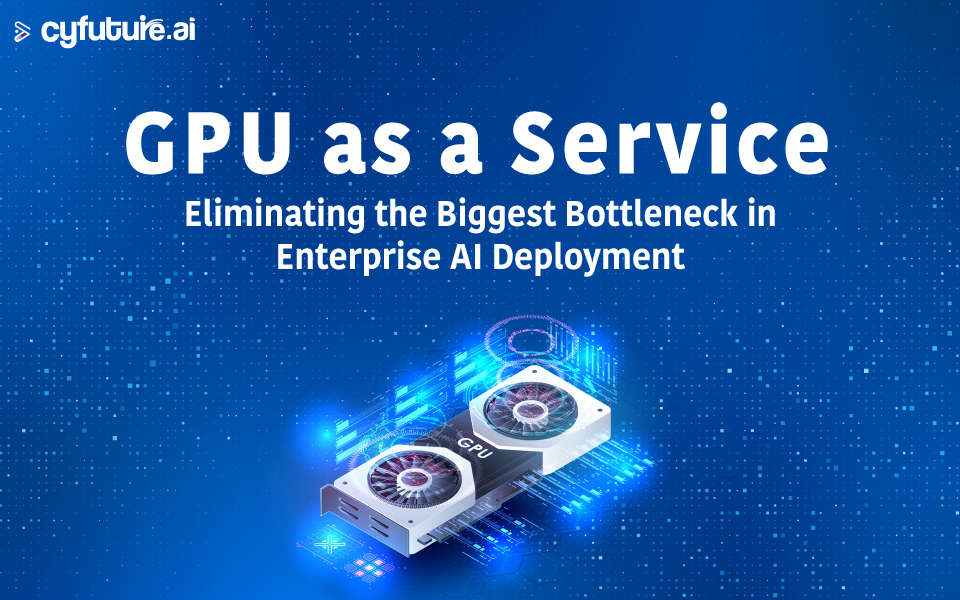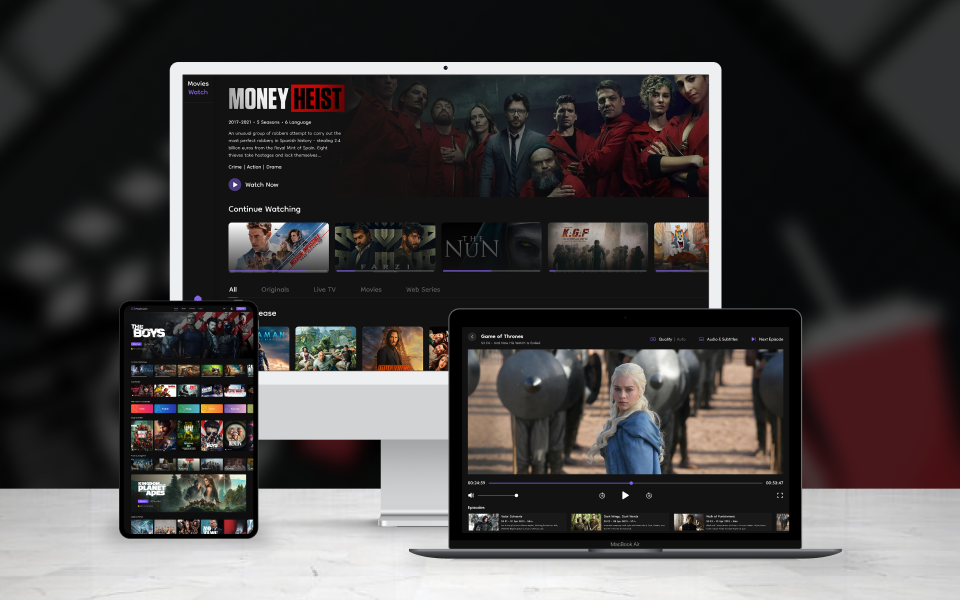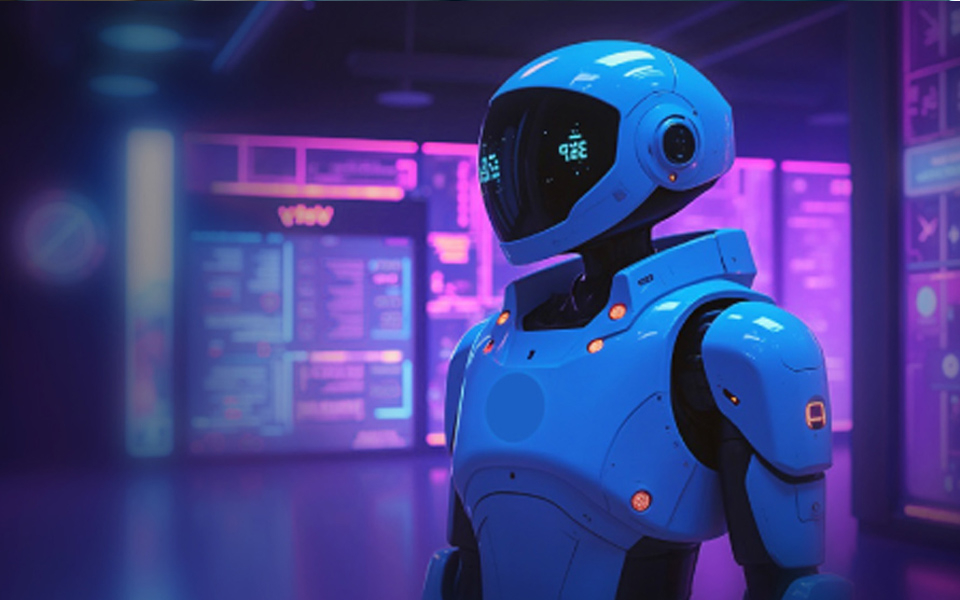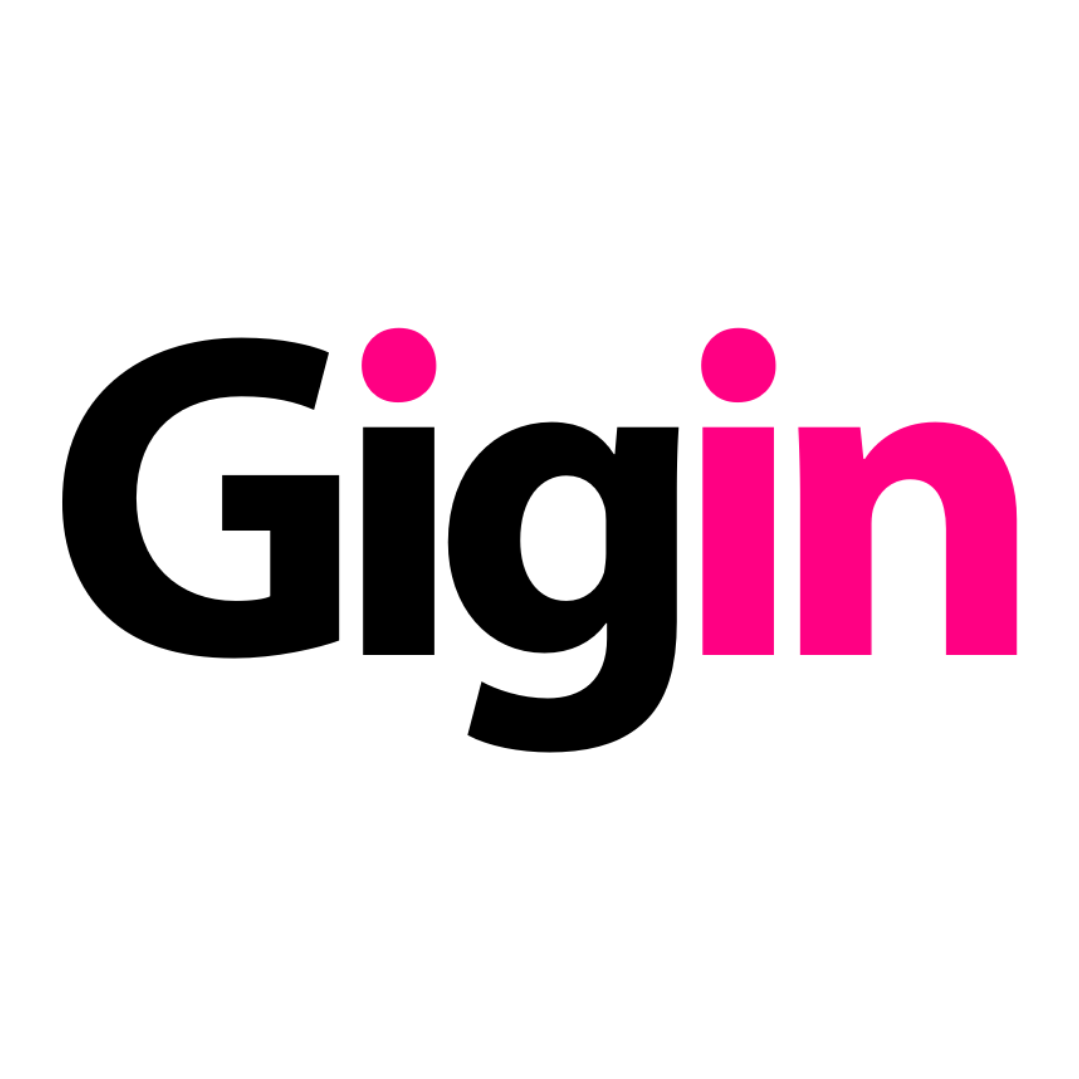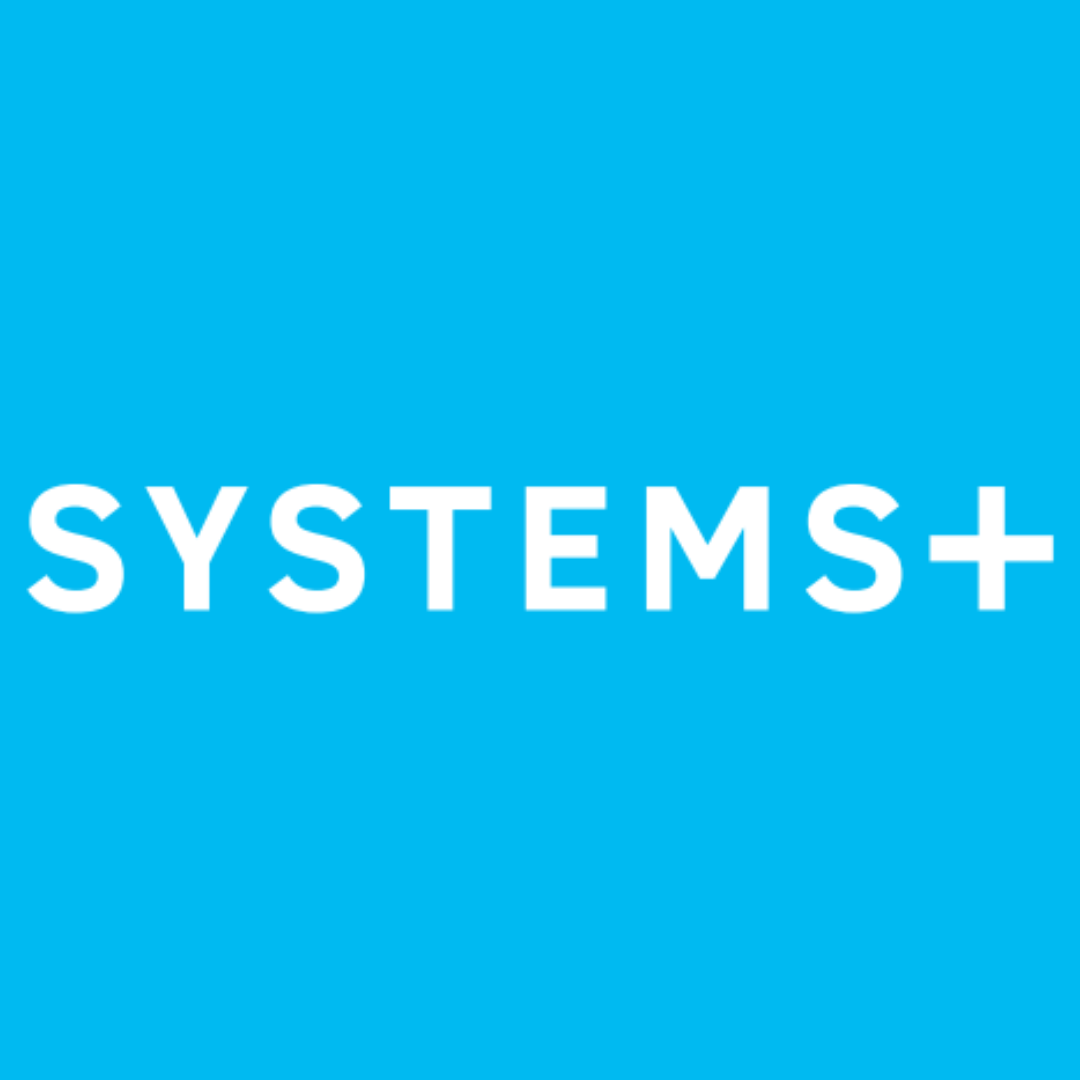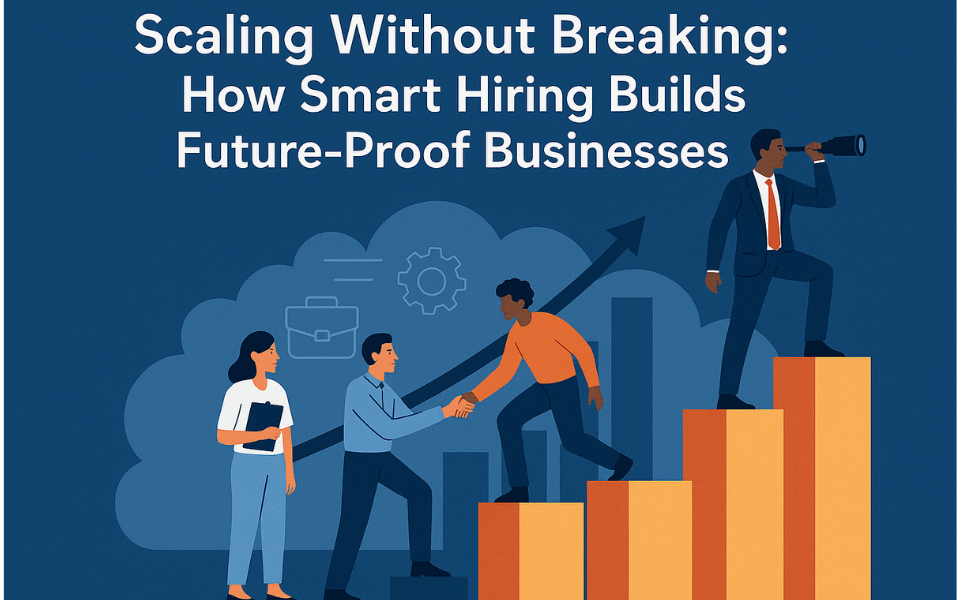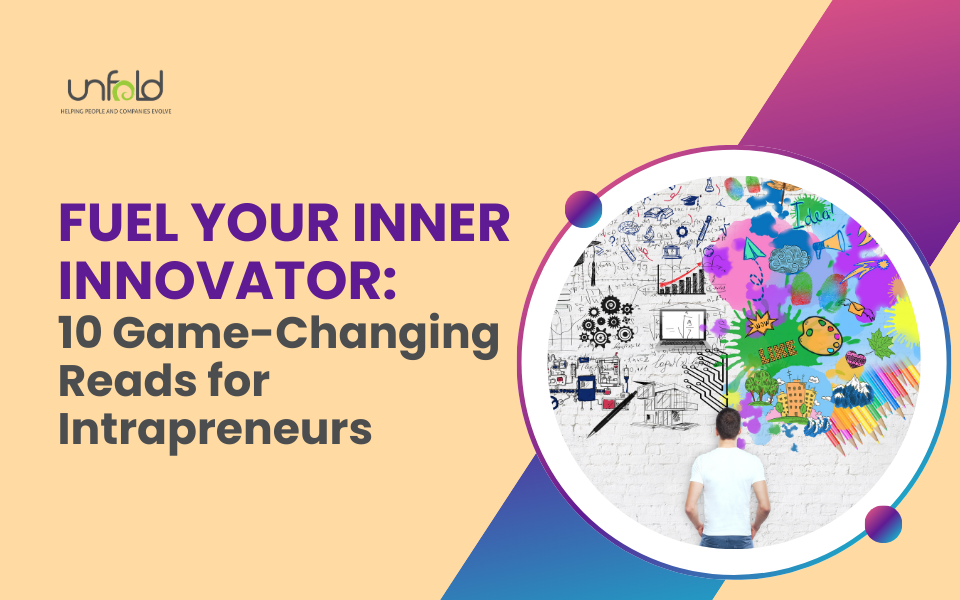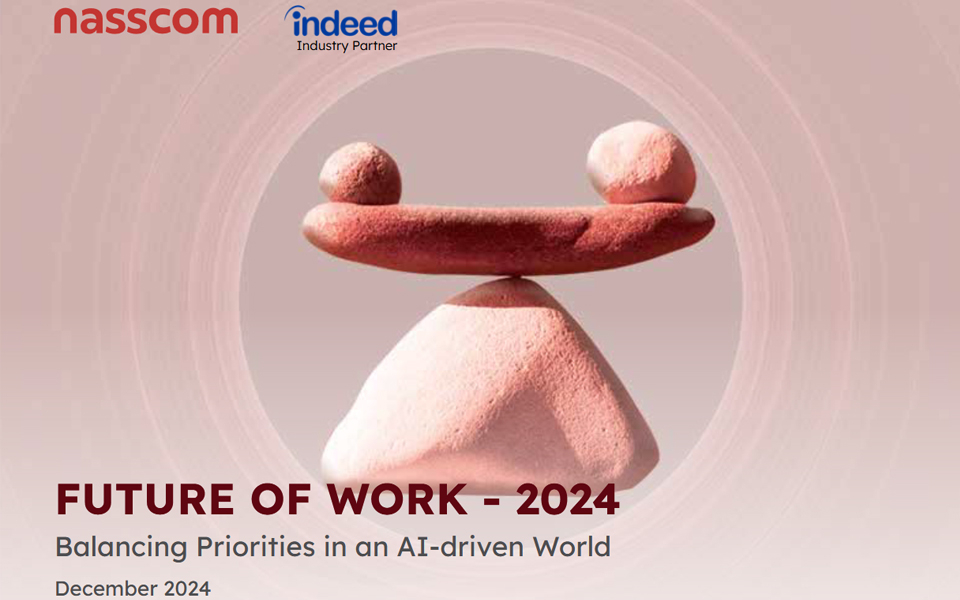Rewriting the Career Blueprint: How Generative AI is Redefining Entry-Level Tech Roles
In a world where technological evolution no longer follows a linear curve but an exponential trajectory, generative AI has emerged not just as a disruptive force but as a rearchitect of workforce paradigms. Nowhere is this transformation more evident than at the entry level of the tech ecosystem—once seen as a rite of passage into the digital economy, now rapidly becoming an arena of accelerated capability and strategic reinvention.
Far from being relegated to obsolescence, entry-level roles are being infused with new expectations, tools, and learning curves. As the AI revolution intensifies, this workforce segment is evolving from task executors to knowledge synthesizers, AI collaborators, and value accelerators. This article delves into the deep undercurrents shaping this transformation—backed by data, global trends, and emerging frameworks from industry leaders.
From ‘Doing’ to ‘Directing’: The Gen AI Shift in Entry-Level Dynamics
Entry-level jobs have traditionally served as a proving ground for new graduates—a place to gain exposure, hone technical capabilities, and contribute incrementally to organizational outcomes. These roles were largely procedural and centered on repeatable tasks like testing, documentation, data entry, and baseline coding. However, with the proliferation of Gen AI tools such as GitHub Copilot, ChatGPT, Jasper, and AI-enabled business intelligence platforms, many of these core tasks have been effectively automated.
Capgemini’s 2024 research forecasts that more than 30% of tasks traditionally assigned to junior employees will be AI-assisted within the next 12 months. Additionally, 71% of managers anticipate that entry-level roles will shift from execution-focused roles to ones centered on reviewing, refining, and validating AI outputs within three years.
This transition is not merely operational—it is structural. Organizations must now reconsider how they define "entry-level" work. As repetitive tasks are absorbed by machines, fresh talent is being tasked with higher-order functions like data contextualization, prompt refinement, and AI performance evaluation. This has drastically collapsed the traditional learning curve and experience ladder that once governed career mobility.
Prompt Engineering: From Niche Practice to Core Competency
Central to the transformation of entry-level talent is the rise of prompt engineering—a discipline that enables humans to instruct AI systems through strategically crafted inputs. In essence, prompt engineering is how we communicate intent, context, and constraints to large language models (LLMs) and other generative frameworks.
Originally considered a specialization within AI R&D circles, prompt engineering has now emerged as a democratized skill required across functions. Whether it’s developers generating code snippets, analysts structuring queries for natural language processing, or marketers directing content generation tools, the ability to prompt effectively has become foundational.
The Economic Times recently reported that Indian tech giants including Tata Consultancy Services, Infosys, and IBM are initiating mass recruitment campaigns for entry-level prompt engineers. These roles are no longer experimental—they are integral to AI integration at scale. McKinsey’s Gen AI Talent Strategy report emphasizes that prompt fluency now sits alongside Python, SQL, and cloud familiarity as a baseline hiring criterion.
Prompt engineering is also being embedded into university-level computer science curriculums and corporate skilling programs. Accenture, for example, has included structured prompt design in its AI fluency program for new recruits across its India and APAC operations.
Generative AI as a Learning Catalyst: Rethinking the Experience Gap
One of the most revolutionary implications of Gen AI at the entry level is its role as a real-time tutor. This represents a paradigm shift in how early-career professionals learn and develop expertise. Unlike static knowledge repositories or instructor-led training, Gen AI tools interactively guide users, provide contextual feedback, and simulate the type of peer mentoring traditionally limited to more experienced teams.
Research by McKinsey and IBM confirms this trend. At IBM, junior developers reported productivity increases of 30% to 40% with Gen AI tools. But the more telling insight came from post-tool withdrawal assessments—employees retained their elevated productivity levels even after losing access to AI tools, indicating sustained skill enhancement. Gartner describes this phenomenon as “AI-enabled skill scaffolding,” where AI serves as both executor and explainer, exponentially accelerating upskilling.
Capgemini’s internal analysis further suggests that entry-level professionals using Gen AI tools can complete tasks up to 18% faster, with higher accuracy and contextual relevance. This not only narrows the traditional experience-performance gap but often renders it irrelevant.
As a result, companies are beginning to evaluate candidates not just on years of experience, but on demonstrated AI-augmented capability. This shift will likely lead to a recalibration of compensation bands, project assignments, and leadership tracks within tech organizations.
The Evolution of Hiring: Capability Over Credentials
Perhaps the most profound shift brought by Gen AI is in the very philosophy of hiring. No longer is a university degree the primary proxy for potential. Instead, employers are increasingly seeking evidence of adaptability, self-learning, and digital collaboration.
Deloitte’s “AI in the Workplace” report highlights that 74% of organizations have updated their entry-level job descriptions in the past 18 months to include requirements such as AI tool proficiency, familiarity with automation platforms, and exposure to ethical AI usage. Only 39% of hiring managers still consider academic degrees as their top selection criterion.
This talent strategy realignment is also driving changes in workforce development pipelines. We’re seeing an explosion of certification programs in areas like Gen AI foundations, prompt engineering, and AI ethics. Platforms like Coursera, Google Cloud Skills Boost, and Microsoft Learn are partnering with universities and corporations to offer modular, credentialed learning paths that cater to this growing demand.
Strategic Realignment of Talent Pipelines
Cognizant’s framework on the “Reimagined Talent Pyramid” captures the macroeconomic implications of this shift. In the past, organizations relied on a broad base of entry-level roles to feed into a narrower mid-management and executive pipeline. Today, that pyramid is flattening and morphing. AI augmentation is reducing the demand for low-skill execution but widening the base of those capable of mid-tier tasks—thereby compressing timelines for upward mobility.
Capgemini predicts that managerial roles will constitute 53% of organizational headcounts by 2028, up from 44% today. This is not due to title inflation, but because more entry-level professionals are equipped to take on complex roles that previously required 3–5 years of experience. Additionally, the top of the talent pyramid is expanding—not contracting—as strategic decision-making, ethical governance, and AI-human collaboration become non-automatable assets.
To support this shift, companies are investing in leadership upskilling initiatives that specifically target the new reality of hybrid teams—where human employees and AI agents co-work in adaptive workflows. Managers must now be capable of evaluating AI outputs, refining prompt strategies, and mentoring junior staff in AI feedback loops. These skills are not optional—they are becoming central to effective people management.
The Path Ahead: Building an AI-Ready Entry-Level Workforce
While the opportunities presented by Gen AI are significant, they are contingent on closing the skill-readiness gap. Despite widespread enthusiasm for AI tools, most entry-level professionals feel underprepared to engage with them effectively. Capgemini’s Gen AI at Work report found that only 16% of workers believe they receive sufficient training in AI tools. Less than half of new joiners surveyed reported having any familiarity with prompt engineering or system-level AI workflows.
Closing this gap requires a multi-pronged strategy:
- Corporate L&D Redesign: Organizations must integrate Gen AI tools into onboarding, learning, and performance management systems.
- AI Literacy for All: Entry-level roles across functions—from HR to marketing to engineering—must include AI fundamentals as part of their training baseline.
- EdTech Collaboration: Partnerships with AI-skilling platforms can provide scalable training models.
- Certification and Career Mobility: Internal AI-readiness certifications should be linked to role progression, bonuses, and project eligibility.
The organizations that successfully implement these measures will not only future-proof their talent base but will gain a decisive competitive edge in innovation, execution speed, and employee engagement.
Conclusion: Embracing a New Definition of Entry-Level Work
The future of entry-level talent is not about diminishing expectations—it’s about elevating them. Gen AI and prompt engineering are catalyzing a revolution that redefines what it means to be “junior.” Today’s fresh graduates are expected to interact with AI systems, interpret complex outputs, and contribute strategically from day one. In return, they are rewarded with accelerated career progression, greater autonomy, and deeper engagement.
The age of AI doesn’t diminish human value—it recontextualizes it. For early-career professionals who can adapt quickly, develop prompt fluency, and embrace lifelong learning, the AI revolution is not a threat—it’s a launchpad.
References
- McKinsey – The Gen AI Talent Solution
- Deloitte – AI in the Workplace
- Capgemini – Gen AI at Work 2024
- Cognizant – Reimagining the Talent Pyramid
- The Economic Times – Demand for Prompt Engineers Surges
- Gartner – AI-Driven Helpdesk Productivity Study
- PwC Asia Pacific – Workforce Upskilling Survey
- Accenture – AI Skilling at Scale
- IBM Research – Internal Use Cases on Developer Productivity (via McKinsey)




